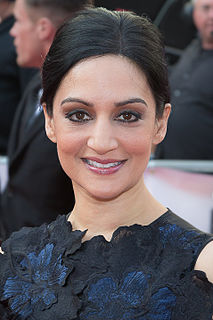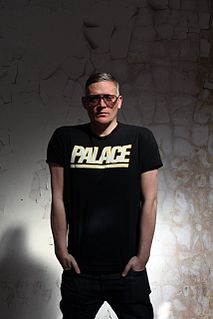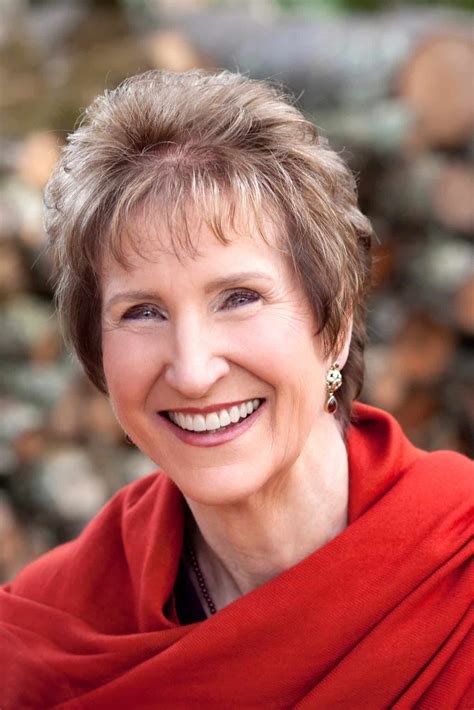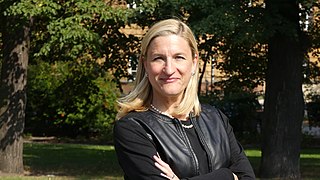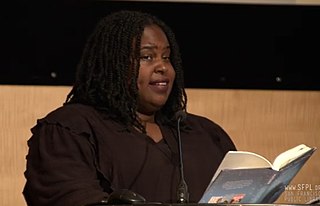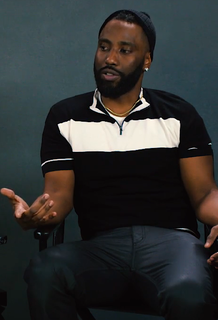A Quote by Derek Walcott
My mother was a schoolteacher and very, very encouraging. She understood what it meant when I said I wanted to be a writer; both me and my brother wrote.
Quote Topics
Related Quotes
My father was a dark-skinned brother, but my mother was a very fair-skinned lady. From what I understand, she was Creole; we think her people originally came from New Orleans. She looked almost like a white woman, which meant she could pass - as folks used to say back then. Her hair was jet-black. She was slim and very attractive.
One day when I was fourteen, I told Charlie that I hated Mother. “Don’t hate her, Jo,” he told me. “Feel sorry for her. She’s not near as smart as you. She wasn’t born with your compass, so she wanders around, bumping into all sorts of walls. That’s sad.” I understood what he meant, and it made me see Mother differently. But wasn’t there some sort of rule that said parents had to be smarter than their kids? It didn’t seem fair.
"Baby, you know?" my mother once said to me. "I think you're the greatest woman I've ever met - and I'm not including my mother or Mrs. Eleanor Roosevelt in that." She said, "You are very intelligent and you're very kind, and those two qualities do not often go together." Then she went across the street and got in her car, and I went the other way down to the streetcar. I thought, "Suppose she's right. She's intelligent - and she's too mean to lie." You see, a parent has the chance - and maybe the responsibility - to liberate her child. And my mom had liberated me when I was 17.

